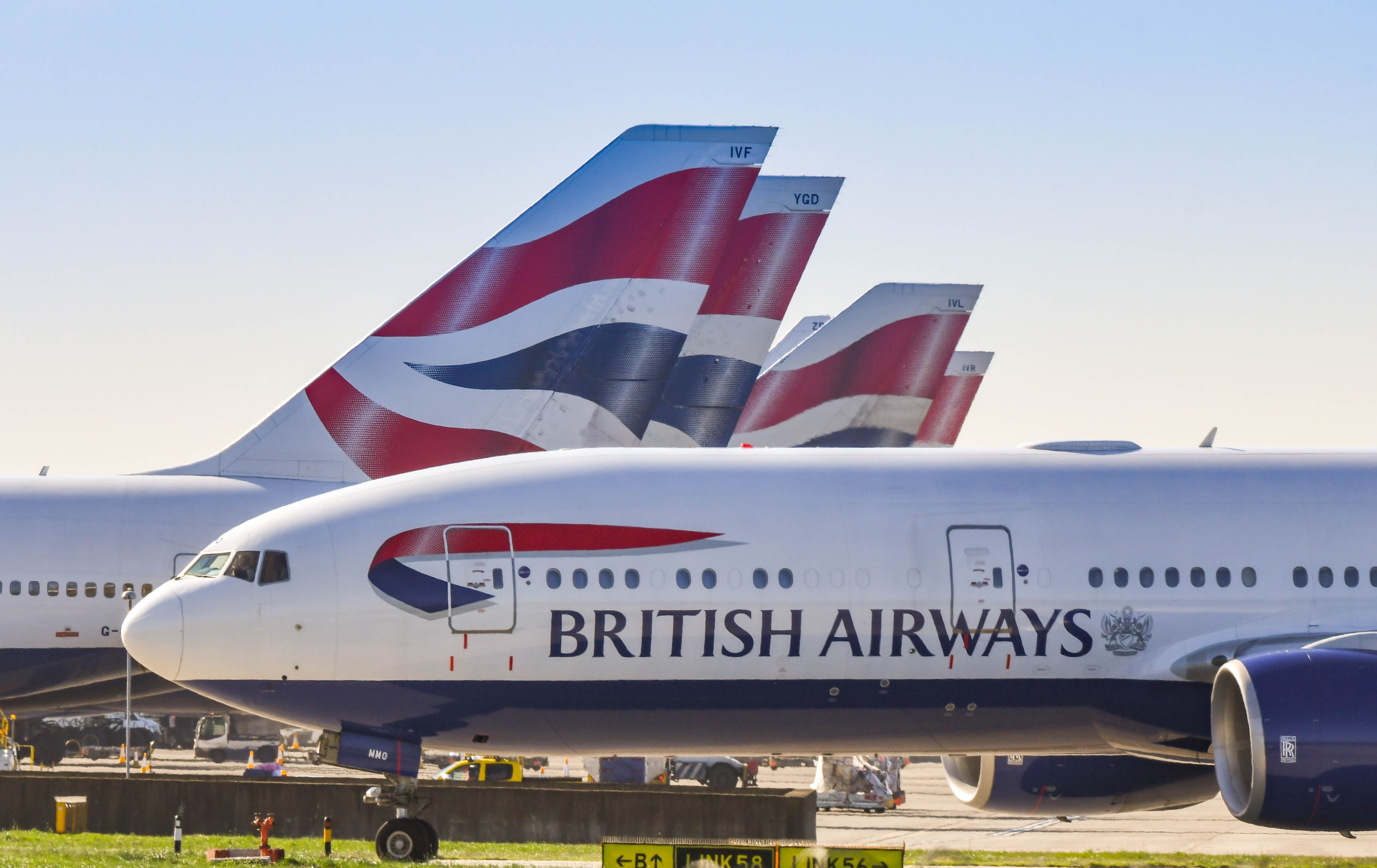Summary
- IAG's Hangar 51 program supports start-ups and tech companies in developing sustainable aviation solutions, attracting top emerging technology companies from around the world.
- Participants in the program have the opportunity to test their technologies in operational conditions and receive support from IAG experts in aviation operations and customer needs.
- IAG's investment in the program ensures that they can select and support start-ups that align with their sustainability goals and implement their technologies in their operations.
International Airlines Group (IAG) has launched its Hangar 51 innovation program to transform aviation through testing and scaling emerging technologies that will be impactful through transformation and sustainability, the group announced Thursday.
Now in its seventh year of the innovation platform, IAG has supported over 60 start-ups and more than ten tech companies that are making aviation greener. The partnership with the group continues to attract top emerging technology companies from around the world who are working on sustainability solutions in the aviation industry and improving customer experience and operational efficiency. Through this partnership, IAG has been able to implement these emerging technologies to help its sustainability effort throughout its network.
A large investment
Each year, start-ups and scale-ups from around the world are invited to apply to join the program where IAG can test their technology in operational conditions. In 2020, as part of the Hangar 21 Program, Atlanta-based company Countalytics, an artificial intelligence-based inventory company, worked with Iberia to track its flows of onboard waste and develop better onboard service.
Another participant in the IAG’s Hangar 51 accelerator was ZeroAvia, a British-American hydrogen-electric aviation manufacturer, to explore whether hydrogen-powered aircraft can play a leading part in the future of sustainable flying. In 2021 and 2022, British Airways and IAG invested in the company following the program.
Another company that participated in the program was Norway-based CHOOSE, composed of an international team of engineers, entrepreneurs, and climate experts. Through the program, they partnered with Iberia to test and launch a new platform that allows travelers to receive information about their business travel emissions and offset them.
Combining startup energy with industry expertise
Through the Hangar 51 program, selected companies will work alongside experts from IAG. During the 12-week program, experts from IAG will help these start-ups with design. They will test their products while also gaining an understanding of aviation operations and customer needs and preferences.
According to IAG, Hangar 51 has continued to propel the group as a leading figure on climate change and sustainability, transforming travel for the future. In 2019, IAG became the first airline group to commit to net zero emissions by 2050. IAG’s Innovation Principal, Nisha Basson-Mugnier, spoke about the partnership:
“At IAG, we are passionate about working with companies that have the potential to transform the way we travel. As one of the world’s largest airline groups, start-ups can benefit from our scale and will have the opportunity to implement their solutions. Since launching the Hangar 51 accelerator in 2016, we have partnered with over 75 accelerator participants, and we’re excited about continuing our unique approach.”
Retaining investment in-house
Of course, airlines supporting start-ups are not new in and of itself. Many airlines, specifically in the United States, have invested millions of dollars in companies that could enhance or direct airline operations. For example, JetBlue previously invested in Joby, a leading eVTOL developer, but Joby has since partnered with Delta to create a zero-emission air taxi network.
Through the Hangar 51 Program, IAG can ensure that companies will have their products tested and that they will be the airline of choice for these start-ups. This way, IAG will only use resources to assist start-ups that they will support and implement their technologies in operations.



